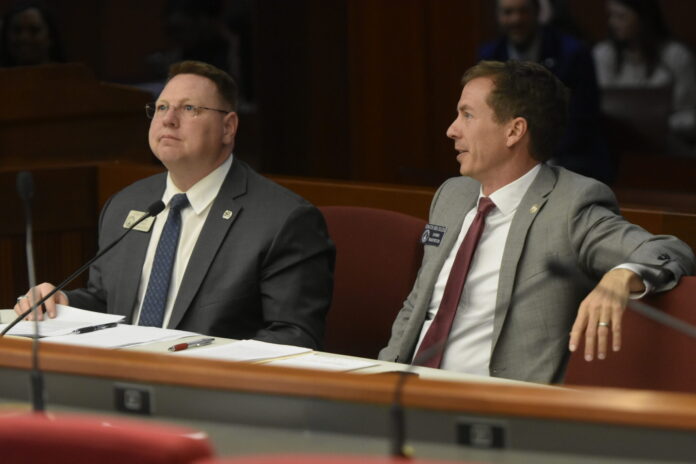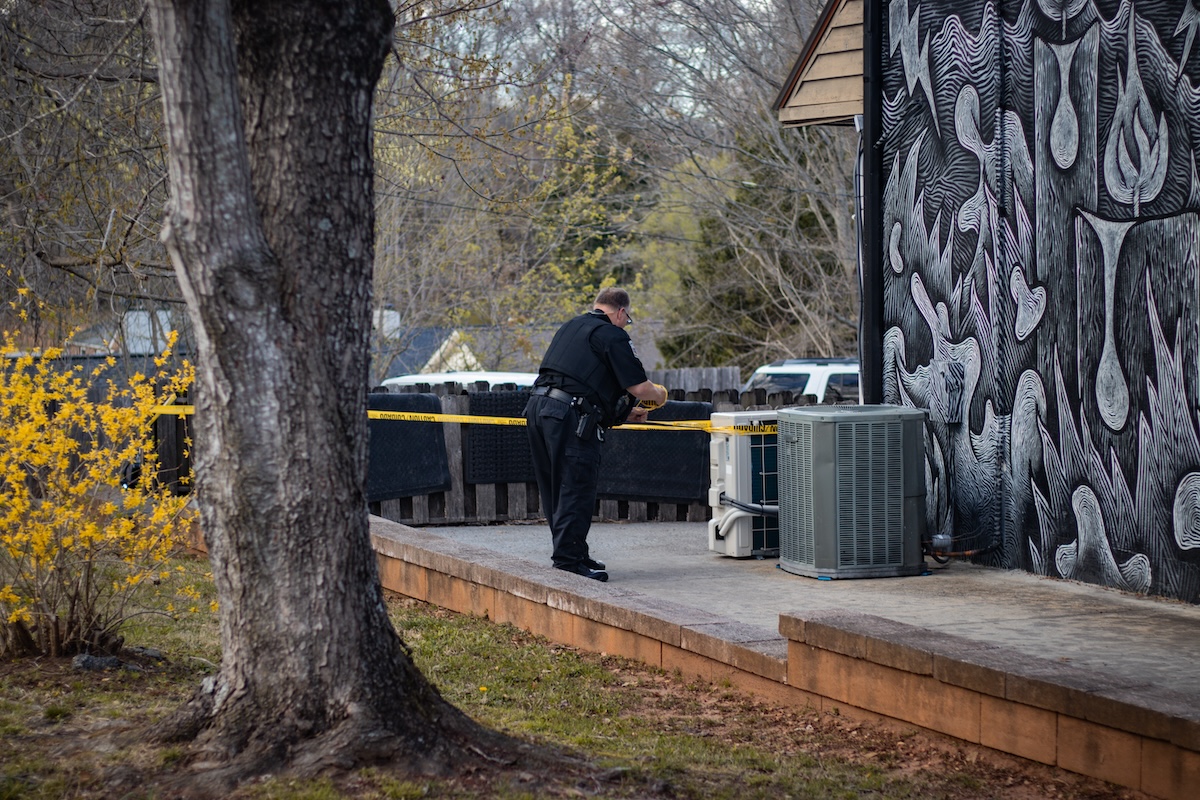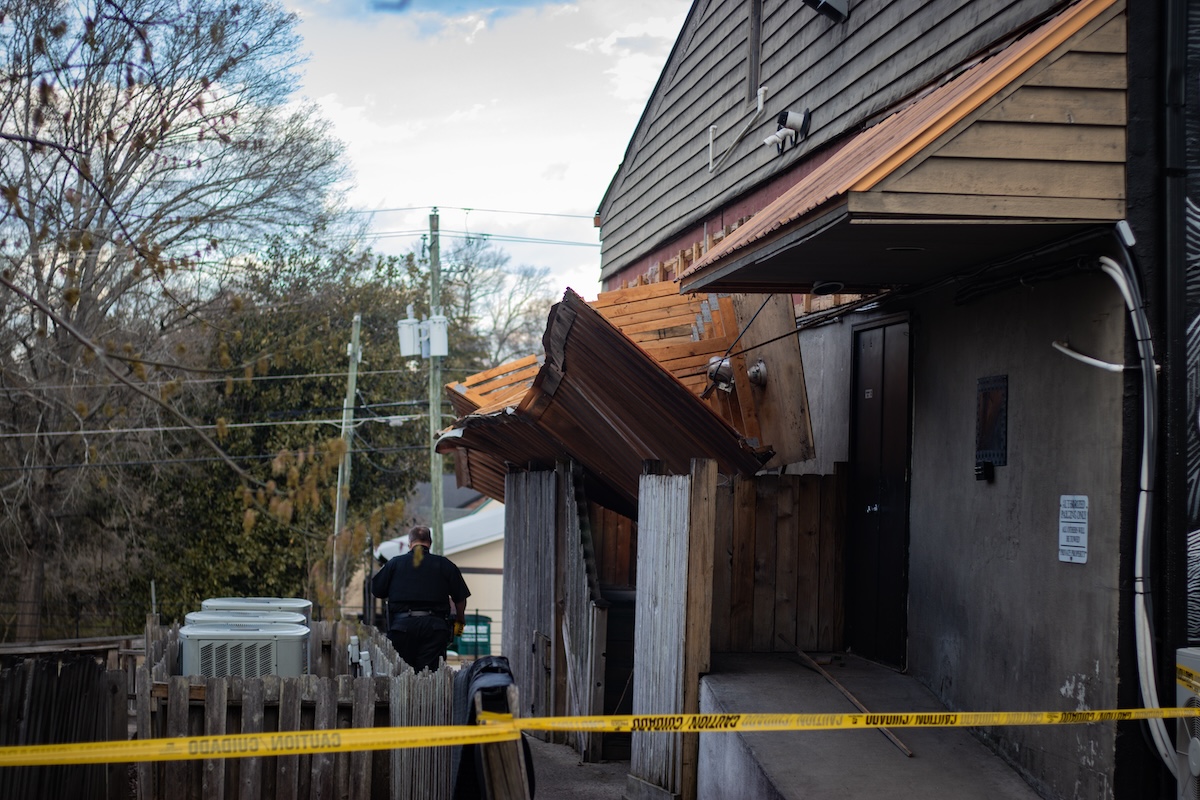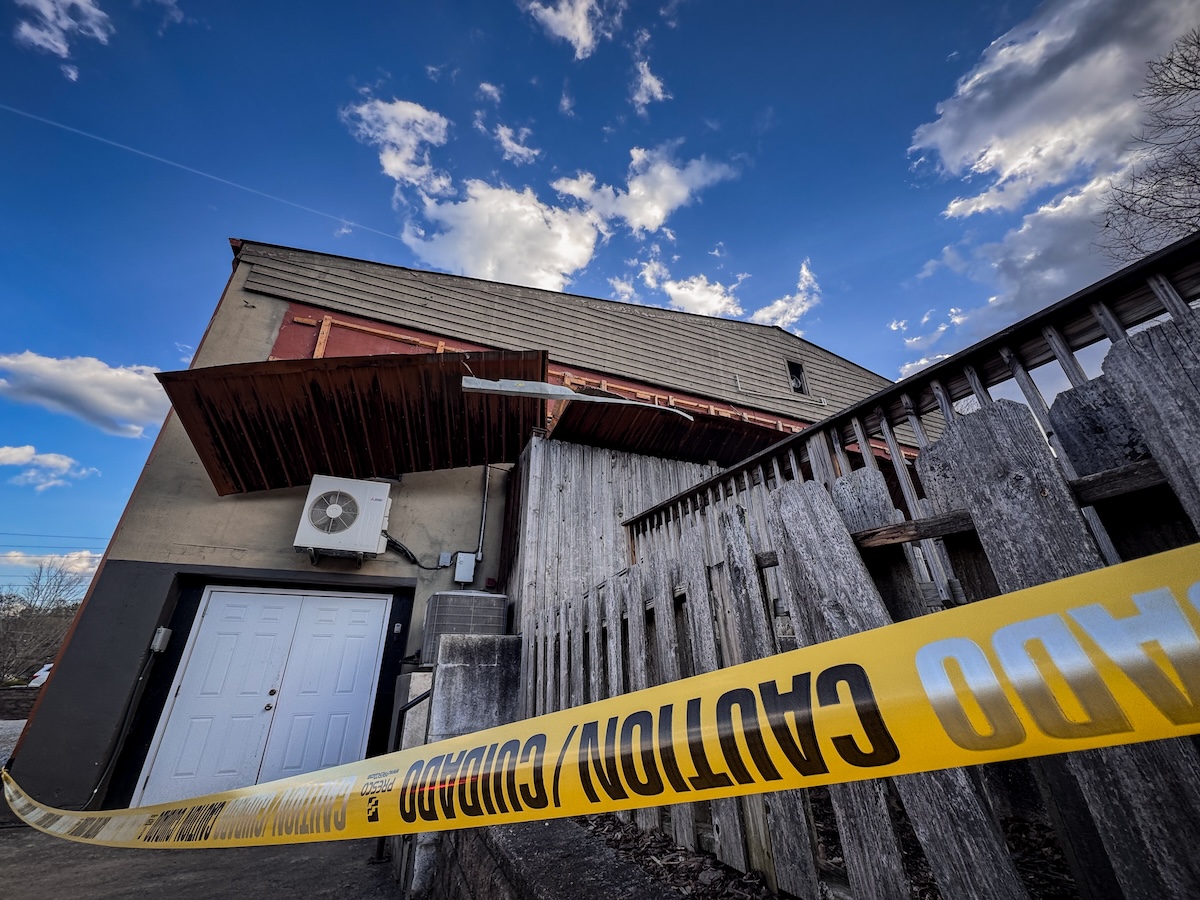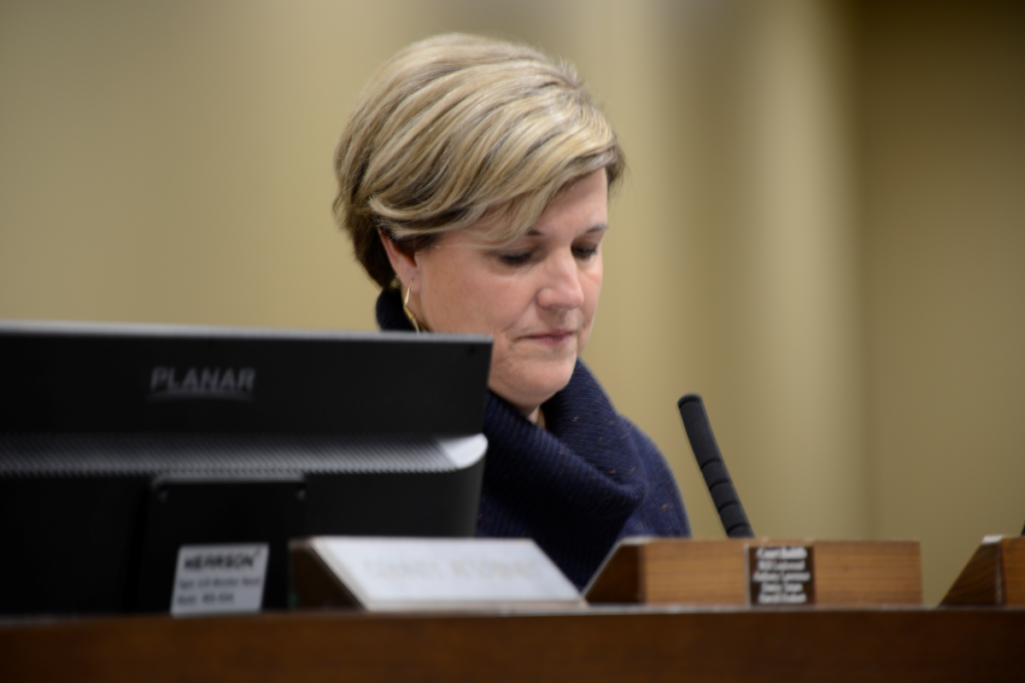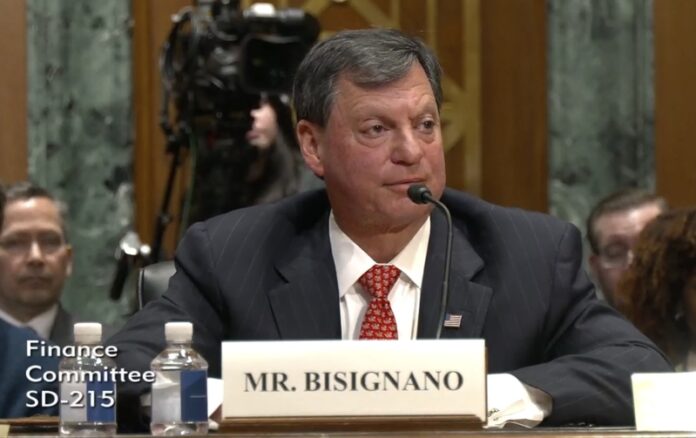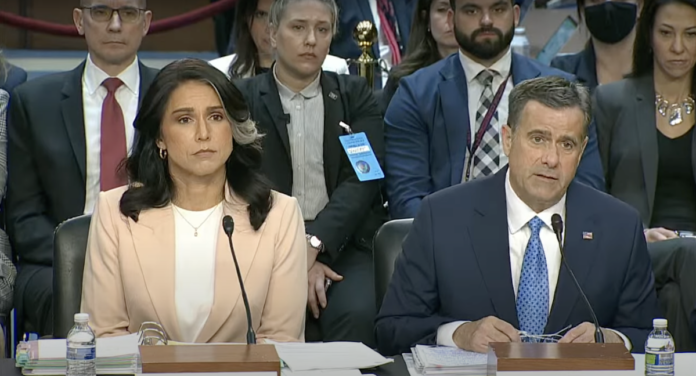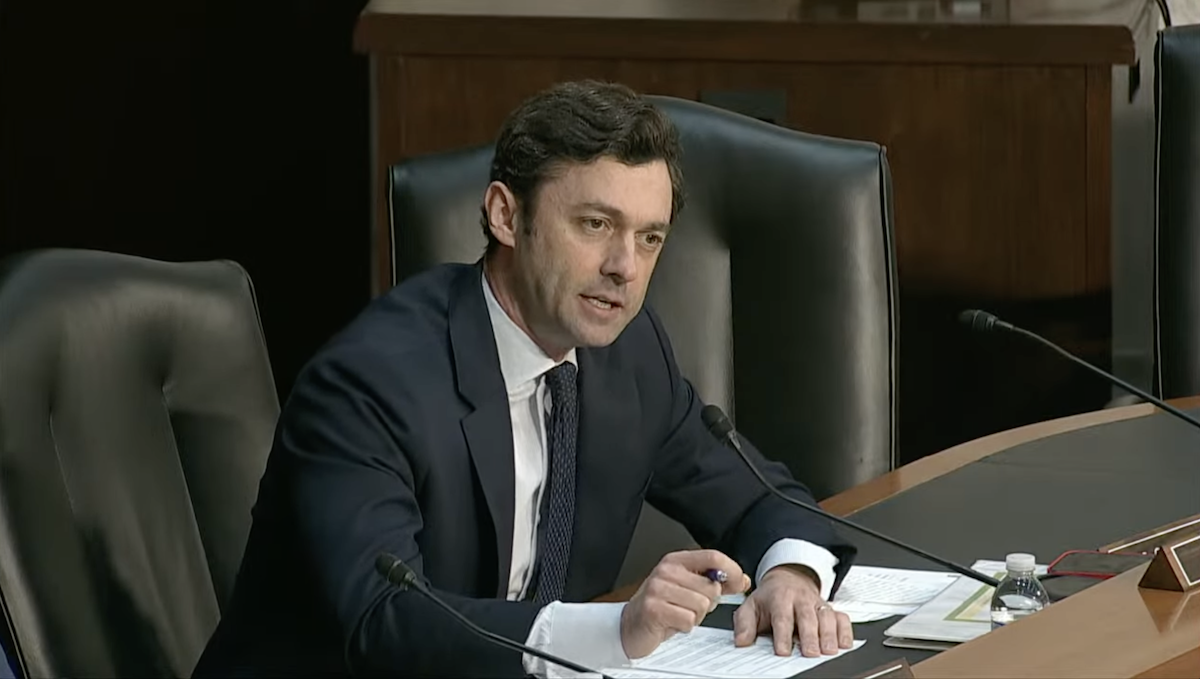The Habersham County Commission heard from 16 department heads and constitutional officers during the first day of the county’s budget review meetings scheduled this week.
Those department heads and constitutional officers presented their “wish list” of proposed annual and capital budgets as well as personnel requests.
The presentations on Tuesday with budget requests in the amount of $32,535,711. An average increase of approximately 7.6% over last year. The 2025 budget for the same departments was $30,225,711.
During the presentations, some of the departments did not have a revenue sheet to demonstrate prior year revenues. Many of those departments do not create a revenue stream or are reimbursed by the state. The district attorney’s office receives some state funding as well as funding from the four counties in the Mountain Judicial Circuit. The same is true for the public defender’s office. The magistrate court, state court, and solicitor receive some state funds as well. Neither the tax commissioner’s office nor the tax assessor’s office generate revenue for their departments.
On the other hand, all departments presented an expense budget, as well as a capital improvement budget, with some requesting additional personnel.
The day’s presentation saw an average increase of 7.6% over the 2025 budget. However, some projected budgets were skewed when compared to last year’s budget due to changes that were made during this year’s budget process.
Sheriff’s Office
One example of that change was for the Sheriff’s Office HEAT program. It saw a 153% increase in the 2026 proposed budget when compared to the prior year. The reason for that is two of the HEAT officers were included in the Sheriff’s Office budget for 2025. For 2026, they have been placed appropriately in the HEAT program budget for 2026, resulting in the increase.
Sheriff Robin Krockum told the commissioners that the HEAT program is paid for primarily through grant funding and he anticipated that the grant would be increased this year. He also informed the commission that the Sheriff’s Office and the Jail were currently fully staffed at this time.
Parks & Recreation
Another department that saw a significant increase was the Fitness Center, formerly known as Total Fitness. It saw an increase of 55%. However, the program has grown significantly with revenue to match expenses.
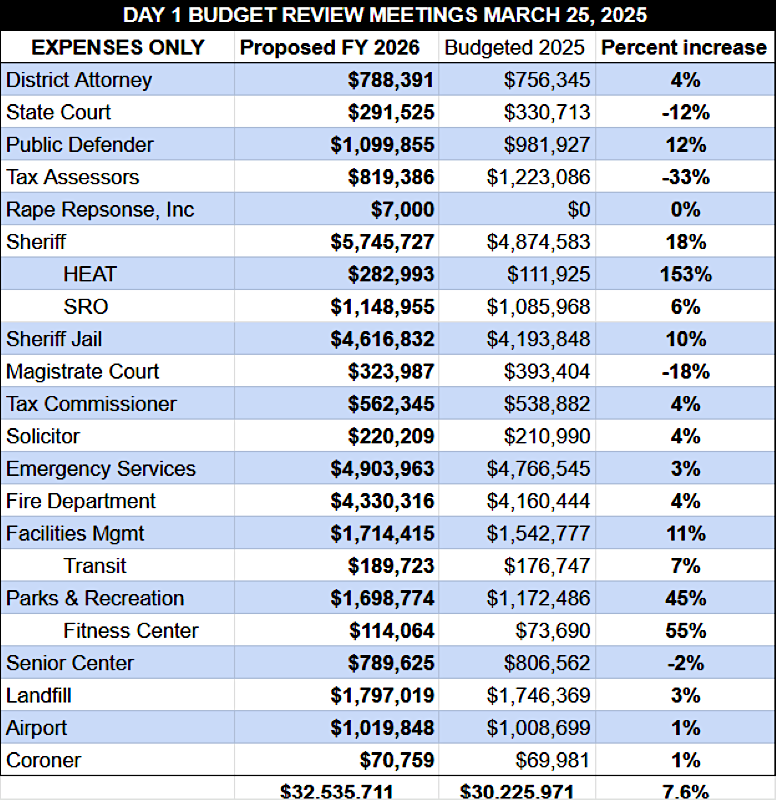
The Parks and Recreation Department saw an increase of 45% over the previous year’s budget. Commissioner Bruce Harkness questioned the increase. The Interim Finance Director Kiani Holden explained part of the department’s increase. “I think that we also have been under budgeting part time for a couple of years. So we tried to adjust that somewhat this year,” she said.
Commissioner Kelly Woodall also questioned the increase. Holden told Woodall that when gymnastics privatized, the Rec Department picked up two positions. However, one of the positions left and will not be refilled. She further explained that one of the issues with salaries was due to the part time budget not being properly calculated. She told Woodall that the commission would have to do a budget amendment for that line item for 2025.
Another reason for the increase is because the department has added additional programs this year. One such program is a summer camp for kids this year. The new programs will provide additional revenue. Interim Director Terry Lannon told the commissioners that he and his staff were reviewing all of the programs offered by the Rec Department to ensure fees were covering costs as much as possible.
Personnel requests
As far as personnel requests, only four departments have requested additional personnel so far. The Senior Center requested that a part-time driver be moved to full-time at a cost of just over $29,000. The Solicitor’s Office requested one additional investigator. However, that position could either be part time or full time. The cost for the full time investigator would be just over $83,000 and the part time investigator would be just over $53,000.
EMS/Fire Services Jeff Adams requested three additional firefighter/EMT positions for Station 15, at a cost of just over $181,000 He requested that six firefighter/EMT’s be reclassified as Sergeants and be placed at Stations 14 and 17 at a cost of $78,744. Adams also requested a Fire Marshal position at a cost of $70,708.
For the emergency services side of the department, Adams requested three additional paramedic/firefighters to be located at Station 15 as well. The cost for the additional paramedics is just over $234,000.
The additional firefighters and paramedics would open up Station 15 as a full time fire station in the Macedonia area on New Liberty Road.
Interim County Manager Tim Sims explained to the commissioners that more work would be done to the budget going forward. “This is before our total amounts have been received and before our cuts,” he said. Holden echoed his statement. “These are the requests from the department. I have not touched these yet with scissors,” she said. Holden told the commission that was the next step.
The second day of budget review meetings will begin Wednesday at 9:30 a.m. in the Commission Meeting Room at the Administration Building at 130 Jacob’s Way in Clarkesville.



